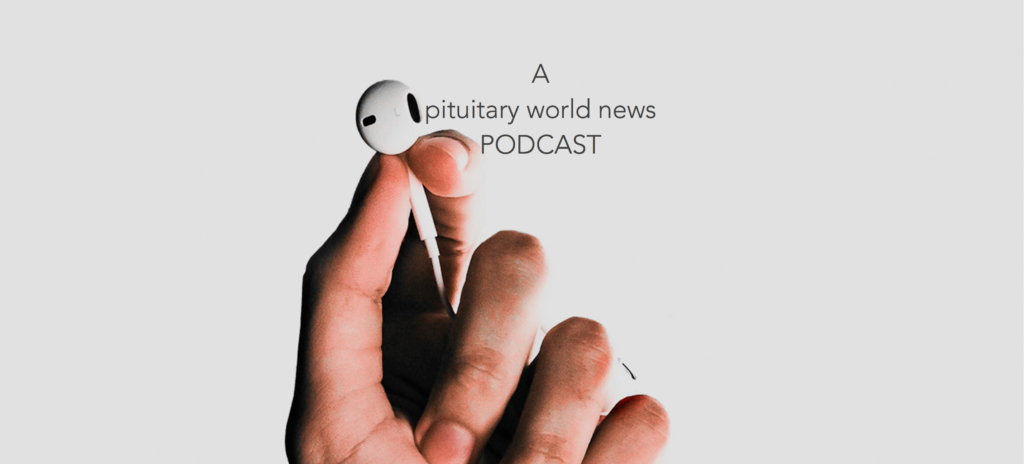This is an enlightened discussion about the critical role that a patient’s history plays in pointing the physician to an accurate diagnosis. In this podcast, Dr. Lewis Blevins shares years of his experiences with patients’ histories. He also relates two fascinating case studies about the critical skills required of physicians to ask pertinent questions, observations, and the vital skill of listening.
© 2020 – 2024, J D Faccinetti. All rights reserved.

Thanks for the invitation (in the pidcast) to comment..
The groups you disparage in your pod casts do much more good than the one poor example you selectively provide. An elite doctor, ranked as one of the best in the world, is not also seeing the huge amount of obviously wrong information they are telling their patients and treating them using the same wrong information. Treating GH deficiency without checking cortisol sufficiency leading to adrenal crisis and death? There is a whole study on that screwup alone. My endo claims SAI patients NEVER have aldosterone problems, even though I was eating 15g of sodium chloride and 5g of potassium chloride every day, and barely keeping levels in the low normal range and my aldosterone was at the very bottom of the reference range… and still insisted I didn’t have an issue.. because his textbook says it can’t happen he refused to see the things in front of him… THIS IS A COMMON THING OUT THERE!!! I asked the group if SAI can have hypoaldosteronism, and got many confirming answers… 4 years down the track, with no treatment from various endos, I imported some florinef (A federal offence in australia) and one tablet am changed this part of my life, I had a potassium crash until my body adapted, but I was fully aware of what would happen and managed it. I stopped talking about my huge salt intake, endo hasnt noticed except my sodium levels are right in the middle of the range now, not at the very bottom, so I got, “sodium has improved”.. 7 years back, my endo sent me to the chairperson of out pituitary foundation because i dont fit any model of pituitary problem how can a genetic hypothalamic/pituitary problem fit a pattern or model of pituitary disorder!!. she took a history, wrote back saying she couldn’t help, and provided the history she had taken, I had to double check the name on it, it was so far from me, that I couldn’t recognise any of what we had discussed in the appointment, full of assumptions, and basic errors it was useless and “couldn’t help me” was the obvious outcome of that history. I’m 9 years down the track, and still no real improvement in my QOL beyond professional couch potato. My main issue for me is cognition, my brain runs at 1/6th speed and with that my IQ has dropped significantly, in testing, I got correct answers, just outside of the time allowed (Weshler) I have some sort of ADD issue, easily distracted, unable to concentrate for hours like I could before the progressive loss of hormones, and the decline has been matching hormone loss, improvements with new replacements, backwards as other bits fail. T3 improved me by about 20% and more if i take more.. but endo lectures on overmedicating, but one brighter day beats one hundred vegetative days, dopamine deficiency?? DSM-V seems to suggest that, my endo says my prolactin would rise…. ummmm what if my hypopituitarism means it won’t? What disease am I seeing this endo for? This is a regular average endo, not a top 10 in the world. I have a fraternal brother that is a psychiatrist, asked him, in australia what specialist diagnoses and treats dopamine deficiency, psychiatrist or neurologist? He answered endocrinologist… 9 years of endos, one team of ten in Melbourne! This is the common story in the facebook groups. The facebook group gives advice like “go to ER and scream adrenal crisis at them until, they give you hydrocortisone, you doctor has put you on growth hormone without checking your cortisol..” one young woman, childhood growth hormone problems, long bone issues… I said you also have an eating disorder dont you? Yes…. at 24 years old had not heard of PW syndrome, seriously… paediatric endos?
If you are monitoring these groups, you see this…